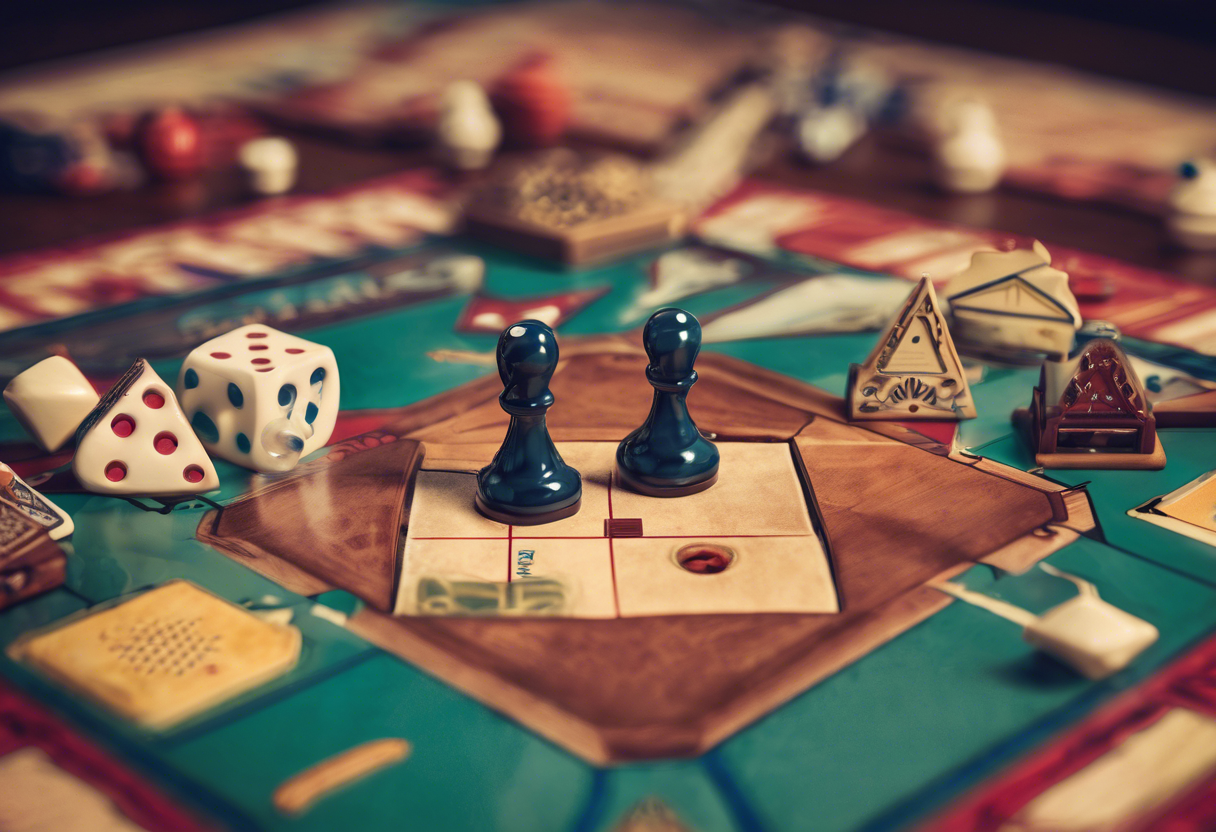
Board games have been a form of entertainment for thousands of years, with some of the earliest known games being played in ancient civilizations such as Egypt and Mesopotamia. Over time, these games evolved and spread throughout the world, becoming a staple in many cultures. Despite the rise of technology and digital forms of entertainment, classic board games continue to hold a strong appeal for people of all ages.
One of the main reasons for the enduring popularity of traditional board games is their simplicity. Unlike modern video games, board games have straightforward rules and require minimal equipment. This makes them accessible to people from all walks of life, and can be enjoyed by anyone regardless of their age or level of skill. Furthermore, board games offer a social aspect that digital games often lack. They bring people together in a shared physical space, creating opportunities for interaction, bonding, and friendly competition.
Whether it’s the strategic gameplay of Chess, the luck-based fun of Snakes and Ladders, or the intense negotiations of Monopoly, classic board games offer a wide variety of experiences. They can be enjoyed with friends and family at home, or even in social settings such as cafes or community centers. They also have a timeless quality that allows them to be enjoyed by multiple generations, with many people fondly recalling memories of playing these games with their parents, grandparents, and siblings.
In a